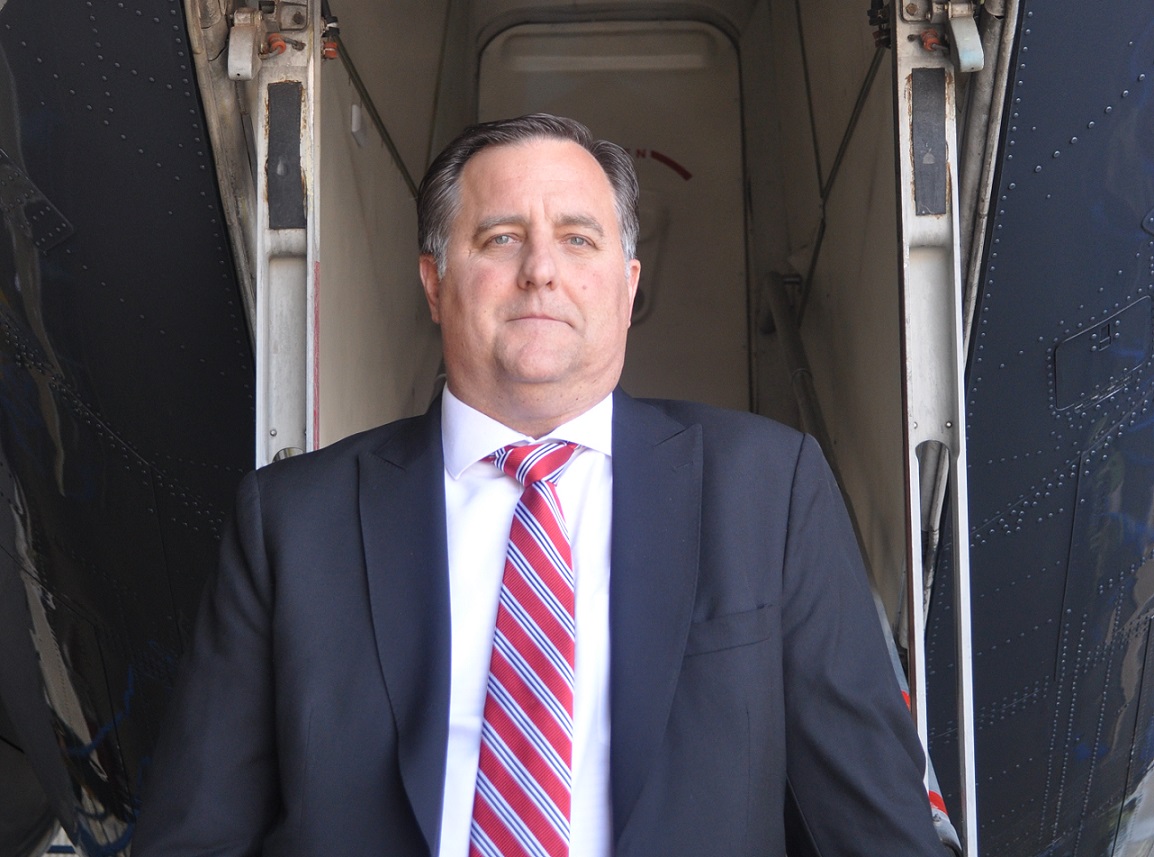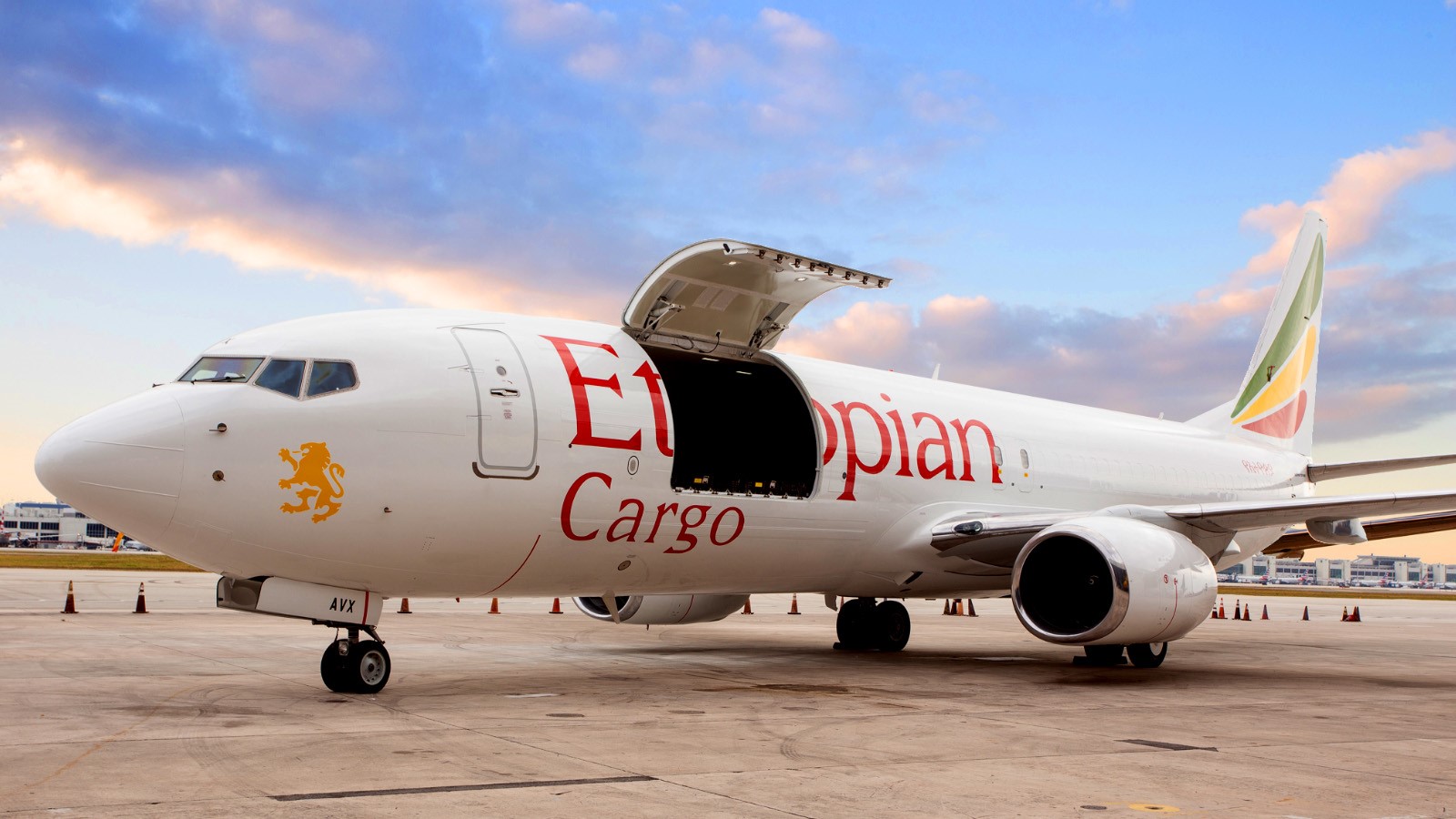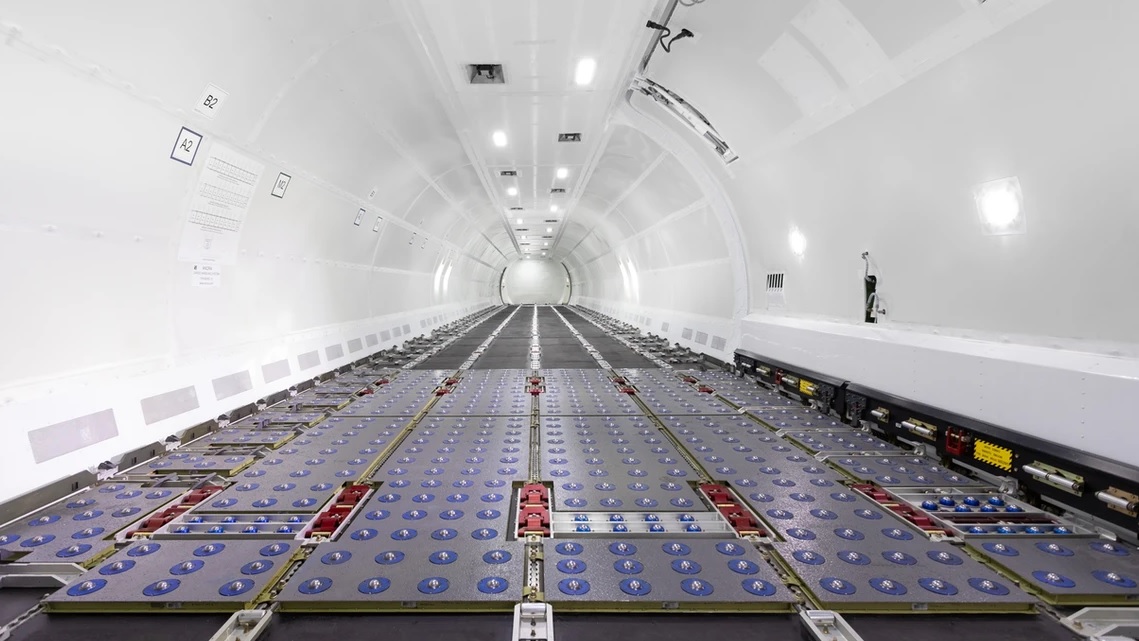Freighter conversion market turned on its head
04 / 10 / 2023

Bob Convey. Source: AEI
Within months the freighter conversion market flipped from overdrive to low gear. The return to expansion mode will be much slower.
Just in case you are looking to convert a Boeing 737-800 into all-cargo configuration, finding a slot on a conversion line should not be a problem.
Aeronautical Engineers Inc. (AEI), which pioneered 737-800 conversions, could accommodate the job at fairly short notice, says sales & marketing vice president Bob Convey.
“If you booked a conversion a year ago, there was almost a two-year wait. Now we could drop in an 800. We’ve got near-term availability,” he comments.
The availability of suitable planes is a different matter, though. From ample supplies during the pandemic, the feedstock situation has turned into “very expensive to non-existent,” Convey reports.
“People who want to do conversions are having a hard time finding an 800. Anything that becomes available immediately goes into passenger service,” he says.
Passenger demand has gone through the roof, as flight bookings and rafts of flight delays and cancellations starkly illustrate.
With airline fleets stretched to the limit, mechanical problems disrupt flight schedules, leaving lots of angry passengers stranded.
One North American carrier had to delay or cancel almost half of its flights on a busy holiday in July.
Since the spring, leasing rates for passenger planes have overtaken rates for cargo aircraft, and the gap keeps expanding.
This has prompted leasing firms that had booked conversion slots for planes coming off their lease to cancel the contract and keep the aircraft in passenger service.
Convey confirms that leasing firms have scrapped or deferred conversion slots they had signed up for.

AEI converted Ethiopian Cargo B737-800SF
“We’ve seen planes that were supposed to come off leases being extended – not just six-12 months, but three- to five-year extensions, because the feedstock situation is uncertain for airlines,” he says.
“One of our customers had a 2010 aircraft inducted in February. They could have leased the plane out for passenger service and made more money. They haven’t even got a customer for the freighter yet,” he remarks.
Plane maker problems
The shortage of available passenger planes has been exacerbated by problems at the plane makers that have hobbled their output.
Boeing had to halt production of its 737 MAX this spring owing to a problem with fittings that join the aircraft fuselage with the tail. It was also forced to suspend deliveries of its 787 model because it had to conduct analysis on a fuselage component.
Moreover, aircraft production has been slowed by supply chain problems resulting in shortages of components. Boeing and Airbus have signalled that these issues will take years to remedy.
Faced with a shortage of aircraft and question marks over plane deliveries, carriers are holding on to their older planes that were headed for the exit months ago, which has decimated feedstock for conversions.
Ongoing issues with aircraft engine supply have added to the problem.
“This does have an impact,” comments Convey. “What the passenger airlines did this summer is they went out and bought a lot of older feedstock or leases on older aircraft to avoid capacity shortages. This has had a knock-on effect on us. The lack of feedstock is causing problems.”
This has been mitigated by the slump in the cargo market, though, which has hit demand for freighters and prompted the likes of Amazon to curtail their fleet expansion plans.
Moreover, they have actually reduced freighter capacity by not renewing leases on older freighters or scrapping them outright, Convey points out.
Last year AEI was running 15 conversion lines altogether. This summer, this is down to 11, he says, adding that other conversion outfits have also shuttered lines in response to falling demand.
He is philosophical about it. “We got back to where we used to be,” he comments. “We all knew the market had to slow down. It’s always that way – either feast or famine.”
He expects the famine to last for a while.

Photo: AEI
“I don’t think we’ve hit bottom. I don’t see stability in the market until this time next year or at the end of ’24,” he reflects.
Demand for some aircraft types, notably the 777, should be better, but appetite for 737-800 conversions will likely be slow, as many have been carried out over the past couple of years, he thinks.
As one industry analyst put it, “everybody and their dog were performing 737-800 conversions”, and conversion capacity was ramped up aggressively.
Some markets will fare better than others. Convey sees good potential in China for narrowbody freighters, pointing to the strength of the e-commerce players there.
Boeing, which has expanded its 737-800 conversion capacity significantly, announced in March that it was setting up a new line in India. AEI has no plans to follow there.
“I’m not convinced about India,” comments Convey. He does not see a large market there, nor the necessary infrastructure to support narrowbody fleets.
Moreover, it is more challenging to do business in that market, he adds.
CRJs on the up
At the moment AEI is enjoying a surge in demand for turning CRJs into freighters. In recent months one client signed an order for 12 conversions of the type, and another asked for six.
“We’re seeing a kind of re-birth in the -200. We’ve had several enquiries recently. I’m kind of bullish on the plane,” Convey says.
“It’s a good regional aircraft for the global market. I don’t think we’ll see a lot in Europe, but there should be demand around the world. We have three going into Kenya,” he remarks.
Feedstock is ample, as large passenger airlines like Delta are phasing the type out of their fleets, replacing it with Embaer jets.
Feedstock can be acquired for $2m to $2.5m. With a $2m price tag for the conversion plus $500,000 for a heavy maintenance tag, this puts the overall bill in the range of $5m to $5.5m, according to Convey.
AEI is currently working on its final MD-80 conversion. There are still some planes out there, but he does not see much potential in the event of a market upturn.
For one thing, the contours of the aircraft do not suit integrator traffic. It lends itself more to automotive charters. Moreover, the model is getting rather long in the tooth, he says.
The same goes for the 737 Classics. “Classics are becoming more difficult to maintain. They will exit the market,” he says.
He does not see much room for the A320 freighter either.
“They [Airbus] missed the bus on this one. They should have launched it when we started with the Classics,” he comments, adding that the A320 is too small for most operators – just like the 737-700
He sees the A321 and the 737-800 as the primary narrowbody freighters for the coming years.
The latter will certainly have ample supply of conversion candidates going forward.
“There are over 5,000 -800s out there. That’s a bigger pool than any other conversion programme has seen,” he points out.
AEI’s capacity to perform conversions has not been affected by shortages of aircraft parts, although there have been bottlenecks for sensors and smoke detectors.
Likewise, the company has managed to keep enough aircraft engineers on its payroll.
Still, the shortage of engineers is a long-term problem for the aviation industry, particularly in the US, he warns.
It is not a job that attracts many applicants, owing to low pay, he says, adding that this is a structural problem.
“We ought to charge $100 an hour so we can pay our mechanics $65 an hour – which is still less than a plumber makes – instead of charging $63 an hour,” he says.
“Aviation is an expensive way to travel. It should be priced accordingly.”














